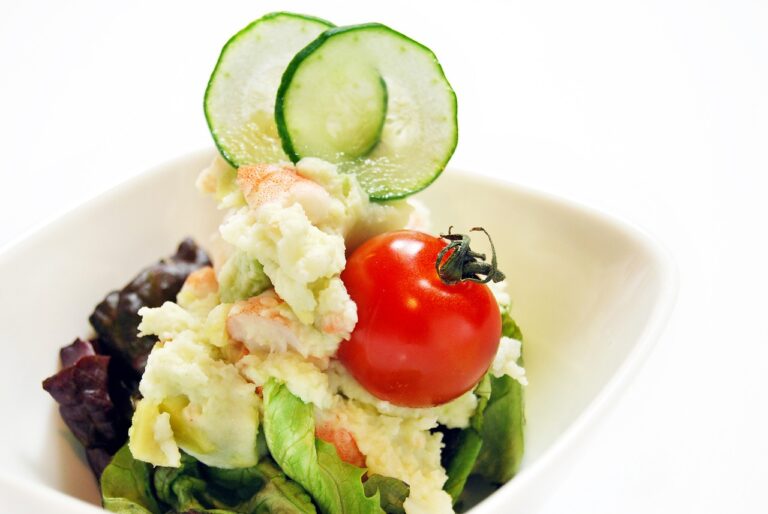Analyzing the Influence of Food Texture on Dental Health in Pets: Goldbet6, Tigerexch, Betbook247 app
goldbet6, tigerexch, betbook247 app: Analyzing the Influence of Food Texture on Dental Health in Pets
As pet owners, we always want the best for our furry friends, including their dental health. Just like us, pets can suffer from dental issues if proper care is not taken. One key factor that can impact their dental health is the texture of the food they consume. In this article, we will delve into how food texture plays a crucial role in maintaining your pet’s oral hygiene.
Texture Matters
When it comes to pet food, texture matters more than you might think. Different textures can have varying effects on your pet’s teeth and gums. For example, soft and wet foods are less abrasive and may not provide enough stimulation to keep your pet’s teeth clean. On the other hand, hard and crunchy foods can help remove plaque and tartar buildup, promoting better dental health.
The Importance of Chewing
Chewing is a natural behavior for pets that can benefit their dental health. When they chew on harder textures, it helps to scrape off plaque and tartar from their teeth. This chewing action also stimulates the production of saliva, which can help wash away food particles and bacteria that can lead to dental issues.
Moreover, chewing on crunchy foods can also strengthen your pet’s jaw muscles and reduce the risk of dental problems like tooth decay and gum disease. It’s like a workout for their teeth!
Choosing the Right Food Texture
When selecting pet food, it’s essential to consider the texture to support your pet’s dental health. Look for foods with a mix of textures, including crunchy kibbles and chewy treats. These textures can help keep your pet’s teeth clean and their gums healthy.
If your pet has existing dental issues, you may want to opt for softer textures that are easier on their teeth and gums. However, it’s crucial to consult with your veterinarian to determine the best food texture for your pet’s specific needs.
FAQs
Q: How often should I brush my pet’s teeth?
A: Ideally, you should brush your pet’s teeth daily to prevent plaque and tartar buildup. If daily brushing is not feasible, aim for at least a few times a week.
Q: Are dental chews and toys effective in promoting dental health?
A: Dental chews and toys can help reduce plaque and tartar buildup, but they should not replace regular brushing. They can be a great addition to your pet’s oral care routine.
Q: What signs should I look out for that indicate dental issues in my pet?
A: Some common signs of dental problems in pets include bad breath, swollen or bleeding gums, difficulty eating, and loose or missing teeth. If you notice any of these signs, consult your veterinarian promptly.
In conclusion, the texture of food plays a crucial role in maintaining your pet’s dental health. By choosing the right textures and incorporating dental care into their routine, you can help prevent dental problems and ensure your pet has a healthy smile. Remember to consult with your veterinarian for personalized advice on the best food textures for your beloved pet.







